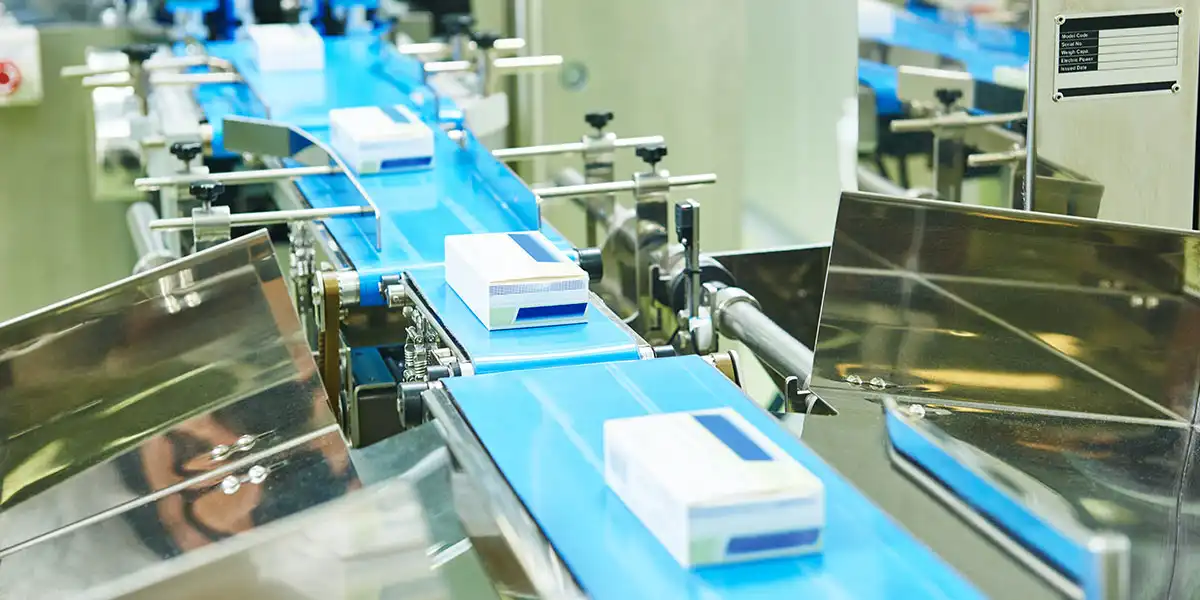
May 9, 2024
Blog Digital World Pharmacy Automation Market: Key Players, Emerging Startups and FAQs
Since the COVID-19 pandemic, the pharmaceutical industry began to see more reasons to reduce handling errors and boost service delivery. After years of research and development, pharmacy automation was the answer. Pharmacy automation involves the automated processes of distributing, sorting, packaging, and counting prescription medications. It serves various purposes in a pharmacy, like increasing efficiency, lowering labor costs, and enhancing accuracy. Automation helps prevent errors like missing medication or patient information, dispensing formulations, prescription errors, tracking therapy, incorrect labeling and others that can occur during the manual process. This system is crucial for improving healthcare services and patient safety by reducing prescription errors and minimizing issues with storage, inventory, and retrieval.
Here we'll explore key market players and trends in pharmacy automation, along with emerging startups and frequently asked questions in the field.
The global pharmacy automation market is experiencing substantial growth, driven by increasing prescription volumes, a rising demand for automated packaging and labeling solutions, and a continuous need to minimize medication errors. According to BCC Research, the market size is expected to grow from $7.8 billion in 2023 to $12.7 billion by 2028, representing a compound annual growth rate (CAGR) of 10.2% during the forecast period.

The global market for pharmacy automation is estimated to increase from $7.8 billion in 2023 to reach $12.7 billion by 2028, at a compound annual growth rate (CAGR) of 10.2% from 2023 through 2028.
Pharmacy automation is crucial for improving efficiency, reducing errors, and enhancing patient safety in the pharmaceutical industry. Since COVID-19, the focus on automation has grown to streamline medication distribution and minimize mistakes. The market is rapidly expanding due to increased prescription volumes and precise medication management needs. Major companies like BD, Baxter, and KUKA AG, along with startups, are driving this growth. As the market grows, automation will play a key role in the future of healthcare services.
A pharmacy automation system is an electronic process that automates tasks like distributing, sorting, packaging, and counting prescription medications.
Pharmacy automation is important as it increases efficiency, minimizes errors, reduces labor costs, and ensures patients receive the correct medications in a safe and timely manner.
The global market size is projected to grow from $7.8 billion in 2023 to $12.7 billion by 2028.
The United States holds the largest share of the global pharmacy automation market, accounting for 59.8%.
Asia-Pacific is expected to be the fastest-growing region in the forecast period (2023-2028).
Consider becoming a member of the BCC Research library and gain access to our full catalog of market research reports in your industry. Not seeing what you are looking for? We offer custom solutions too, including our new product line: Custom Intelligence Services.
Contact us today to find out more.

Karishma Arora is an Assistant Team Lead in Marketing Operations at BCC Research, with a master's degree in commerce. She is a passionate marketer with a knack for creativity and data-driven strategies.

From smartphones to satellites, antennas play a vital role in enabling the seaml...

Introduction Artificial Intelligence (AI) and the Internet of Things (IoT) are r...

We are your trusted research partner, providing actionable insights and custom consulting across life sciences, advanced materials, and technology. Allow BCC Research to nurture your smartest business decisions today, tomorrow, and beyond.
Contact UsBCC Research provides objective, unbiased measurement and assessment of market opportunities with detailed market research reports. Our experienced industry analysts assess growth opportunities, market sizing, technologies, applications, supply chains and companies with the singular goal of helping you make informed business decisions, free of noise and hype.